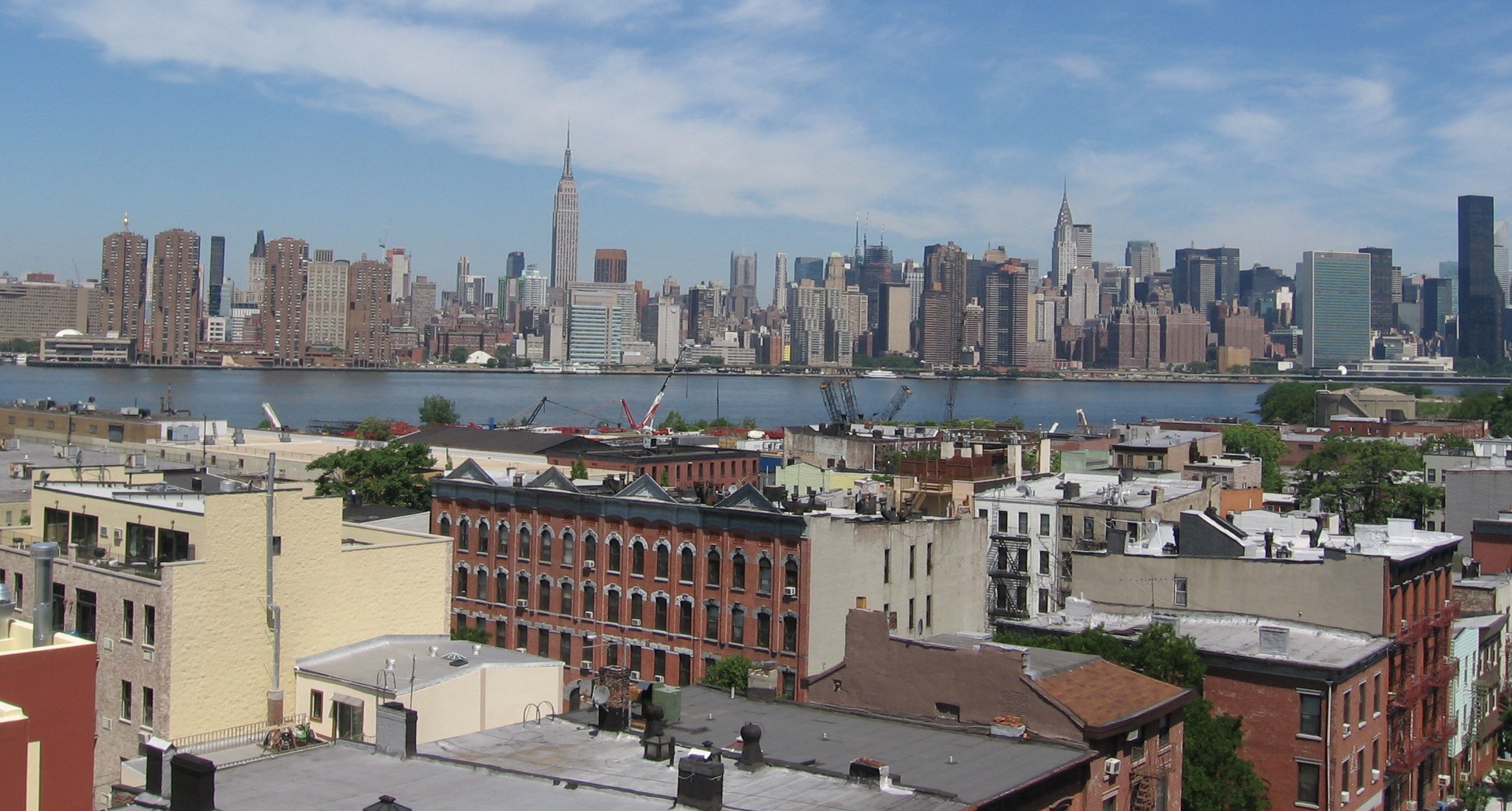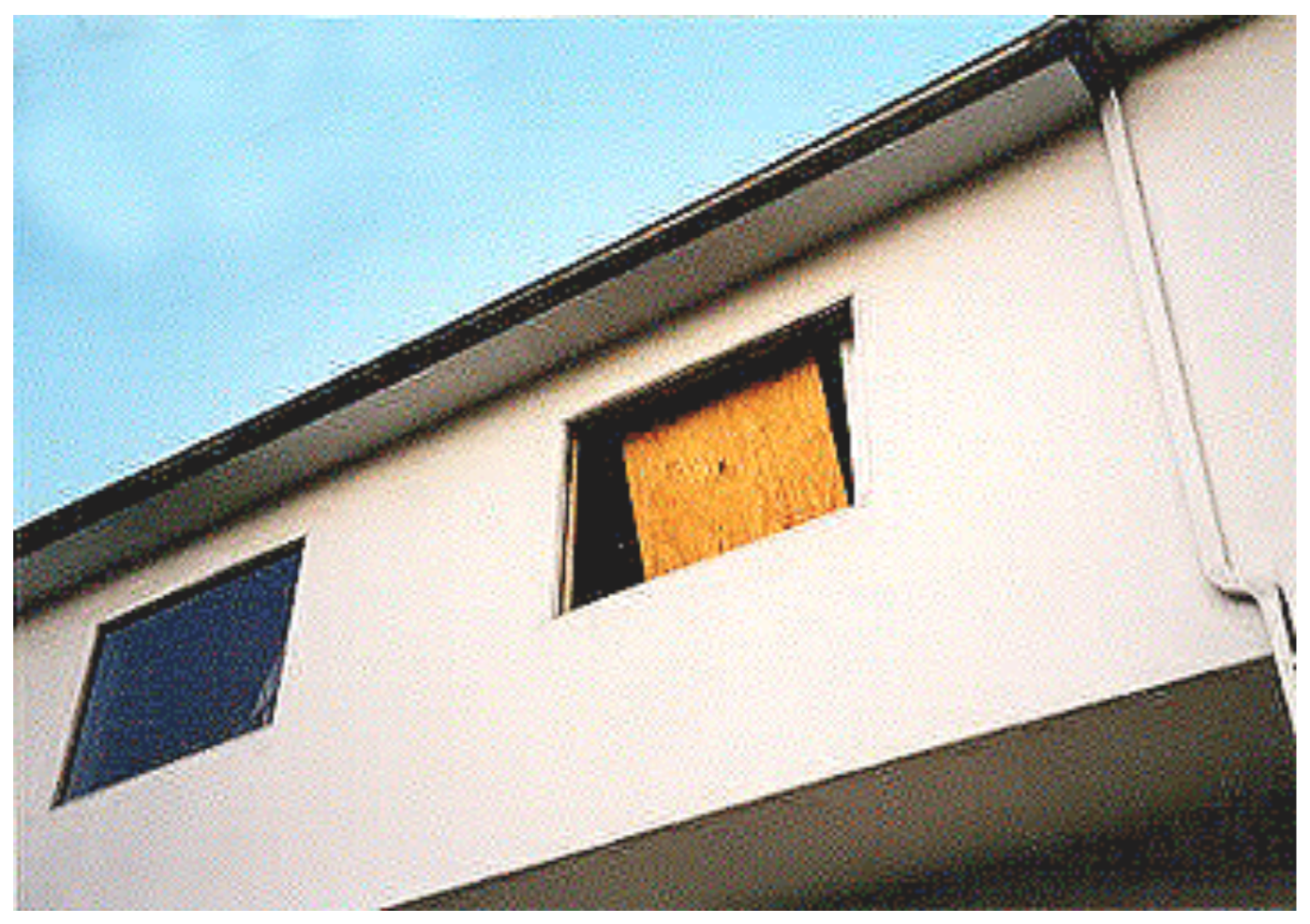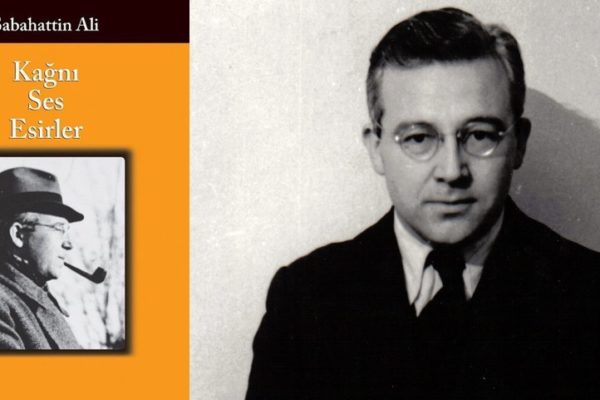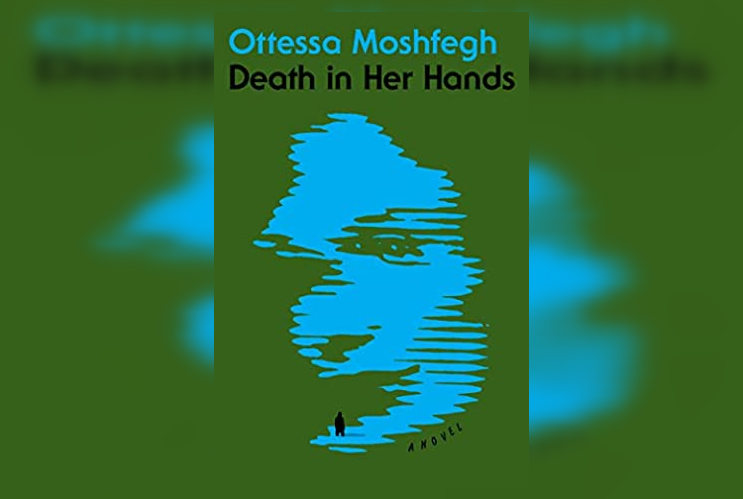Aman is, by all medical and anecdotal accounts, dying. He is suffering primary, secondary, and quaternary injuries including, but not limited to, pulmonary barotrauma, mesenteric shearing, and penetrating ballistic gastrointestinal perforation, which is to say that blood is leaking, syrup-thick, from his abdomen, fully destroying his Cambridge University t-shirt and the waistband of his pajama pants. As a British Panavia Tornado warplane careens overhead, the irony of his extraordinarily British alma mater is not lost on him.
He is scheduled to perform surgery in the morning, but somewhere along the erratic drive, the haphazardly lopsided parking, and the short, limping hike through rock-riddled sand, he has realized that he will not make it. On top of the splanchnic agony ripping through his body, he feels bad about this.
He has come here, to this low-lying well outside the city, with no agenda except that he does not want to die in the street. He does not want to die in his bed. He wants to die somewhere holy.
He sinks to the ground and slumps against the erratically sized stones, his medical bag braced between his knees. During his time in England, a charmed stint of polo shirts and promise, he learned that this, his home city of بغداد (Baghdad), once fell within the bounds of the Roman Empire. That this magnificent attempt at world domination sprawled all the way to the gulf, as did the subsequent invasion of Germanic tribes. That after scything their way through Europe, this illustrious batch of second-wave colonizers adhered to a peculiar tradition: they threw their enemies’ weapons into a well. That this gesture was predicated on wünschen, the making of a wish. That it was also predicated on wähnen, an etymological collision of imagination and to wrongly suppose. That it represented a sacrifice to the gods of war.
Aman once wrote a paper on the contiguous inventions of daggers and scalpels, causes and cures. He is transfixed, even now, by the sacred disposal of weaponry, the wishings for luck. He imagines the water tasting like iron for decades.
With shaking hands, he fishes a wad of gauze from the bag. He locates a bottle of disinfectant, a needle and spool of wire. He bites down on a small emergency flashlight, tilting his chin toward his chest, and as he rolls up the edge of his Cambridge t-shirt, he begins to cry. The center of his body is a disaster, sliced through with shrapnel, a wonderland of raggedly seeping and undetectable wounds.
The bag itself is a relic, gifted during the London bombing of Harrods in ’83. Aman had been fantasizing all semester about winter break in Kensington––the guest room at his roommate’s childhood home, a view of the park and shaking his accent once and for all. He’d been there for two days when the news struck, and his roommate’s father––himself a doctor; they all seemed to be doctors––had rushed toward the hall closet and retrieved the bags. Aman and his roommate, both certified paramedics, had joined the doctor in the Rolls and sped toward Knightsbridge. The street had shimmered with glass, plaster, and ash like snowfall, the torsos and limbs of mannequins bizarrely strewn among the real bodies. It had been a blistering crash course in triage, and as Aman had moved from person to person, bewildered, conducting the brutal math of survival chances and suspected injuries, he’d understood that terror reveals what is always true: that lives are not worth the same as other lives. Not in times of crisis. Not ever. He’d ridden back to Kensington in silence with the bag in his lap, eager to return it to the hall closet. But the doctor had placed a hand on his shoulder and said, “Keep it.”
In his medical practice, Aman has often gently pressed the wound following the application of the final stitch, not to swab up the blood, but to reassure the patient. “There,” he has often said. “That’s the worst of it.”
He presses his own wound now, summoning the pain, wanting to live. This, he knows, in his rapidly hemorrhaging gut, is not the worst of it.
He will miss the surgery in the morning, the sunrise, the string of derivative aftermaths to the incisive glamor of Desert Storm: Desert Sabre, Desert Falcon, Desert Strike, Desert Fox. He will miss the report of somewhere between 100,000 and 200,000 civilian casualties, a margin of uncertainty almost comically imprecise for such precise bombs. He will miss his ten-year reunion, where an old college friend, now an RAF pilot, will remark on his curious absence, scotch in hand, following a slideshow on the valorous exploits of Cambridge’s veteran alumni.
Aman finds a marker in the bag, the one used to notate statuses on triage tags. He uncaps it with his teeth, then shifts his weight and, with excruciating effort, pries a loose stone from the well. On this stone he writes, in English: “HERE LIES AMAN.” He reclines against the stone like a pillow, the words directly above his head.
He imagines his body being discovered. “We found a man,” he imagines someone saying, not understanding that this is his name––that he is not only a man but Aman, a name older than the well––meaning trust.
He is, even now, enthralled by the terminology of war: operations and surgical strikes. One by one, he pulls the tools from the bag and slides them over the top layer of stones into the well. A sacrifice.
Aman is bleeding now, aggressively, from everywhere. There is blood in his hands and in the curve of his belly, throbbing in his ears, its scent in his nostrils, its dampness on his lips. His tongue is sheathed in blood, thick with the taste of iron.
Above the city, the sky is a parade, streaked with the festive, marmalade orange of bombs and tracer flares. From here it looks like a celebration. A tremendous success.
He is still waiting for the worst of it.
We all are.
Photo Credit: Image by Valentin Lacoste via Unsplash




